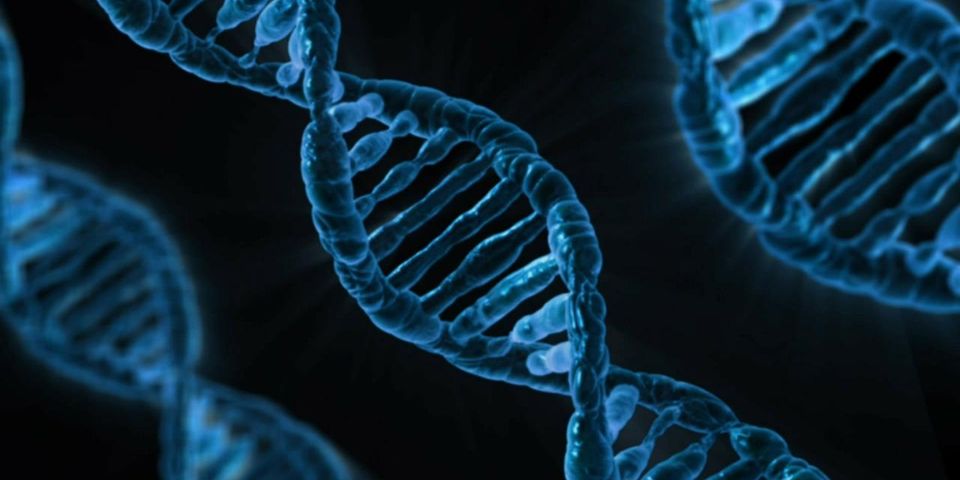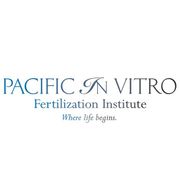Understanding PGS and PGD With Hawaii's Infertility Specialists at Pacific In Vitro Fertilization Institute

Trying to conceive can be a nerve-wracking, difficult experience. Fortunately, modern medicine has helped with this process; Preimplantation Genetic Diagnosis (PGD) and Preimplantation Genetic Screening (PGS) are two procedures that are allowing mothers to have a better chance in having successful pregnancies. Though many people are unaware of the two techniques, they are helping to improve birth outcomes.
Though both identify genetic abnormalities during embryonic development through a biopsy, there are some distinctions. Here to explain more about the two methods is Pacific In Vitro Fertilization Institute, Hawaii's first In Vitro Fertilization clinic:
- Preimplantation Genetic Diagnosis (PGD): In conjunction with an IVF cycle, a single cell from an embryo is biopsied and screened for chromosomal disorders and specific genetic diseases. PGD is used to identify the presence of singe-gene disorders and chromosomal translocations.
- PGD is highly recommended in certain circumstances: if one or both parents have a heritable genetic disorder or are susceptible to a chromosomal abnormality.
- Preimplantation Genetic Screening (PGS): Patients who suffer from recurrent pregnancy loss or infertility, PGS can be done to screen for aneuploidy. Chromosomally abnormal embryos are identified and will not be transferred in an attempt to achieve a successful pregnancy.
Located in the heart of Honolulu, Pacific In Vitro Fertilization Institute is your go-to source for a wide range of infertility treatment options in Hawaii.To receive additional information about their services, visit their website and call (808) 946-2226 to speak with their friendly staff or schedule an appointment today.
About the Business
(3 reviews)
Have a question? Ask the experts!
Send your question

